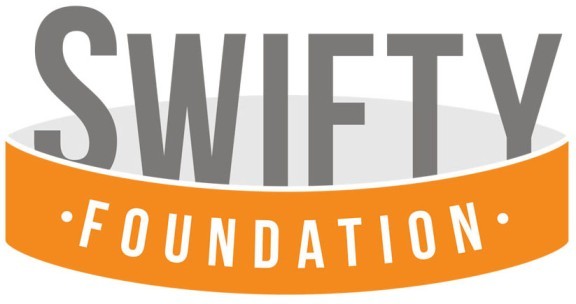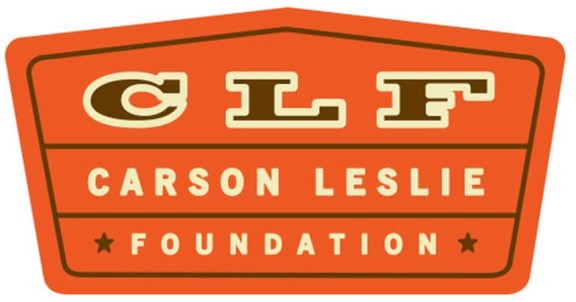We are discovering ways to stop brain cancers in their tracks
By combining laboratory driven discovery with advanced genetic tools and bioinformatics, we are uncovering how normal cells become brain tumors. These insights are informing the design of targeted therapies against aggressive brain tumors and enabling us to change the course of clinical care and improve the quality of life of pediatric patients.

Our Research

Medulloblastoma
As the most common malignant pediatric brain tumor, medulloblastoma is treated with surgery, radiation, and high-dose chemotherapy. Unfortunately, these treatments often leave survivors with severe disabilities and secondary cancers. Our collaborative approach, using advanced genomic and epigenomic techniques, along with preclinical models, aims to uncover advanced targeted therapies. We also strive to reveal the earliest stages of the disease so that we can stop it in its tracks.

Ependymoma
This is the third most common brain tumor in children, and is only curable in approximately 55% of pediatric patients. Our integrated genomics research has demonstrated that mutation rates are very low, while epigenetic modifications strongly affect pathogenesis. These insights are revealing new therapies to improve outcomes for children with ependymoma. Our goal is to develop effective treatments that can significantly enhance the quality of life and survival rates for these young patients.

Meet Dr. Michael Taylor
Michael Taylor, MD, PhD, FRCS(C) is a pediatric neurosurgeon and the Director of the Pediatric Brain Tumor Research Program at Texas Children’s Cancer and Hematology Center, where he holds the Cyvia and Melvyn Wolff Chair of Pediatric Neuro-Oncology. He is also a Professor in the Department of Pediatrics, Sections of Hematology-Oncology and Neurosurgery, at Baylor College of Medicine. His laboratory, located at Texas Children’s Cancer and Hematology Center, is unravelling the molecular genetics of medulloblastoma and ependymoma – two of the most common malignant paediatric brain tumors.


Meet The Team
Taylor team members are a highly interdisciplinary group, comprising cell biologists, clinicians, bioinformaticians, computational scientists, biochemists and molecular biologists. As experts in imaging, genomics, and computational analysis of brain tumors, they utilize in vitro and preclinical models, as well as clinical samples. They are highly collaborative and passionate about impactful science. They also bring a sense of fun and camaraderie to their work, while being dedicated to making a difference in the lives of children and young adults battling brain tumors.
Making a Difference
We'd like to thank the following funders, which have enabled us to greatly enhance our understanding of the cellular landscape of medulloblastoma.
The impact: prevention rather than cure for childhood medulloblastoma
Support from these funders has enabled us to create data for 200 Group 3 and Group 4 medulloblastoma samples. Each of these samples holds the key to deeper understanding of this devastating disease.
Findings from Taylor Lab indicate that medulloblastoma may originate before birth due to mutations in the developing brain, leading to tumor formation. To understand the progression of disease cells within this developmental context and to find targetable biomarkers, we are building a map of these cells in unprecedented detail – through advanced single-cell multiome sequencing.
Like any map, it will benefit from detail, the more samples we can sequence the more detail we can see. Our aim is to sequence at least 1000 Medulloblastoma tumors.
Help us achieve our goal and irradicate this disease before it begins.
Related News
Contact

Texas Children’s Hospital - Feigin Center
1102 Bates Ave
Houston, TX 77030
Dr. Michael D. Taylor
Texas Children’s Hospital
1102 Bates Avenue, Feigin Tower 10th Floor
Houston, TX 77030
Research inquiries
Dr. Craig Daniels
Associate Professor
832-824-4735
craig.daniels@bcm.edu
General inquiries
Kimberly Guidry
Administrative Assistant
832-824-4032
knguidry@texaschildrens.org










